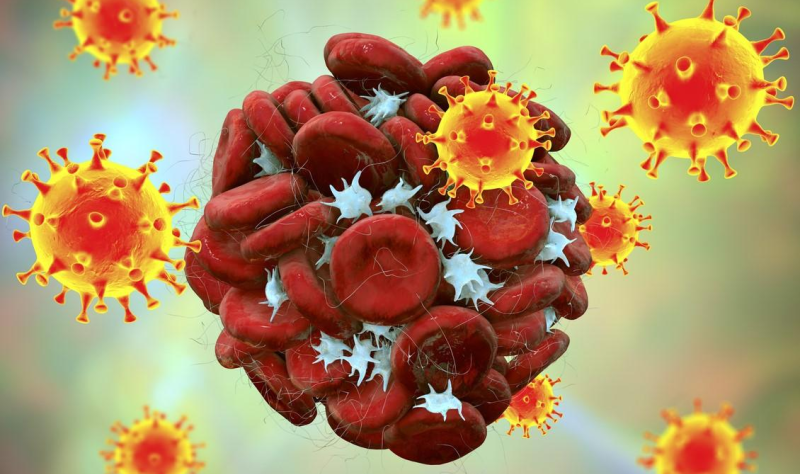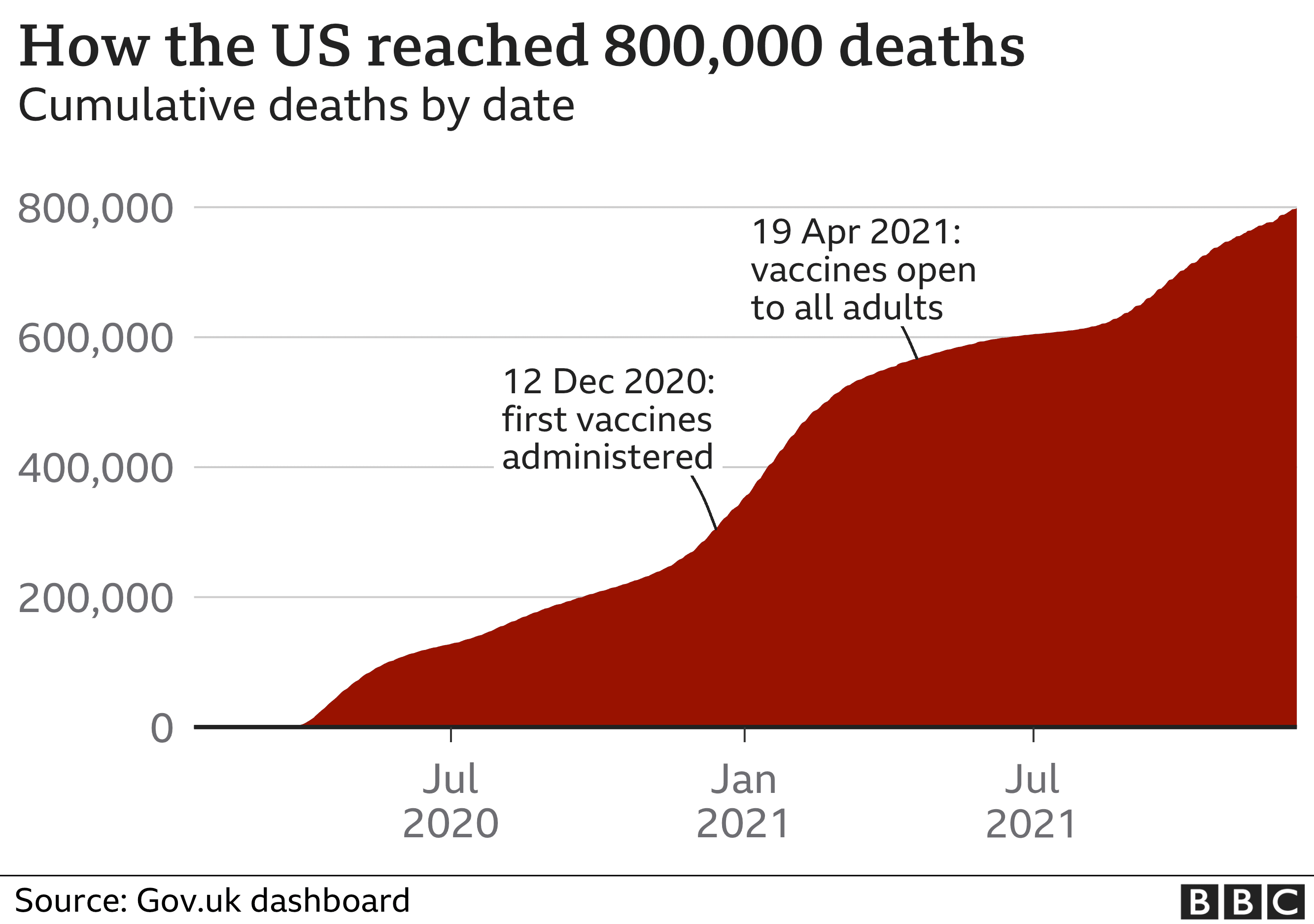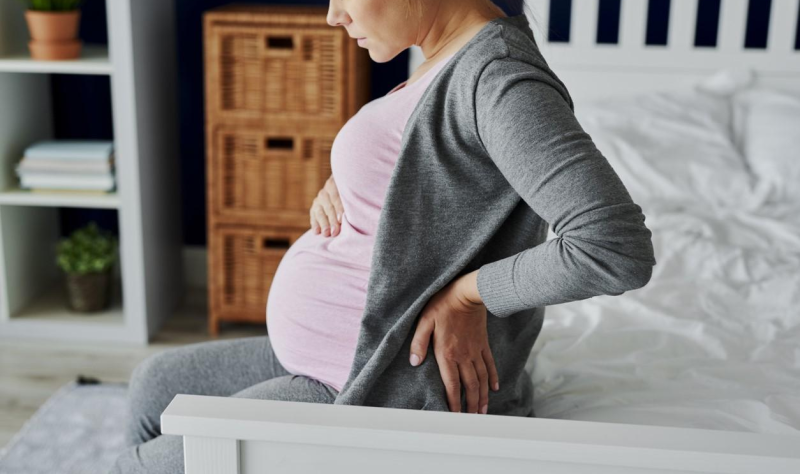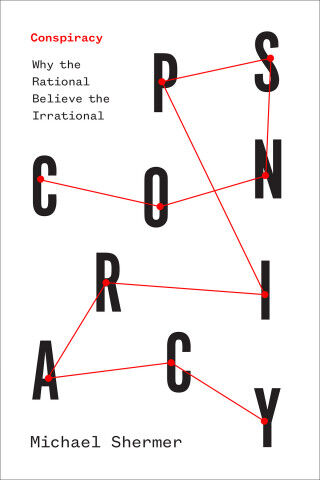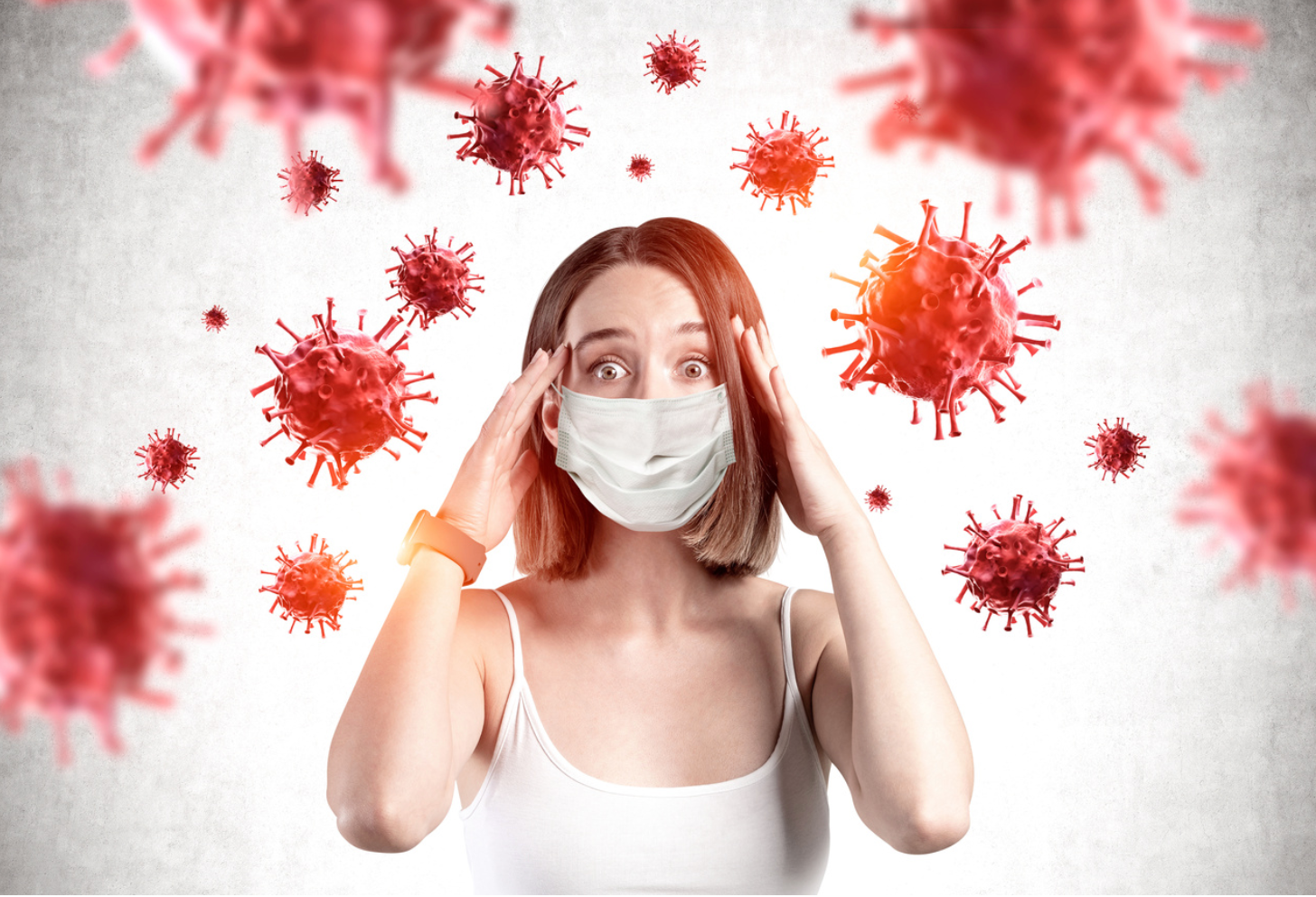COVID in California: UCSF’s Wachter watching rising cases in the U.K.
COVID in California: UCSF’s Wachter watching rising cases in the U.K. San Francisco Chronicle


UCSF’s Wachter watching rising cases in the U.K.
Dr. Bob Wachter, UCSF’s chair of medicine, tweeted Tuesday that anyone waiting to make an appointment for a new bivalent booster might want to consider getting a shot sooner than later amid a rise in coronavirus cases in the United Kingdom. Cases in the U.K. in the past have been a “harbinger” for the U.S., Wachter said, and a story on CNN also noted that rising case rates in the U.K. could presage a coming fall surge. Though Wachter is keeping an eye on the data, he said the news from the U.K. did not merit immediate changes in behavior “(ie, if you’re eating indoors, no reason to stop now). But if you’re waiting for new booster, I’d think about getting it soon, since 2 weeks for full effect,” Wachter tweeted.
High levels of virus in blood predict poor outcomes, Stanford study finds
Hospitalized COVID-19 patients with elevated levels of the coronavirus in their blood might experience worsening respiratory symptoms and ongoing viral replication in later disease stages, according to a new Stanford Medicine study. Researchers have developed a one-time test that could predict which people hospitalized with COVID-19 are likely to have poor outcomes during their stay, even if they were admitted with relatively mild symptoms, according to a study of more than 2,500 people. High levels of the N protein in the coronavirus correlated strongly with an increased need for respiratory support five days later, regardless of the patient’s disease severity when the test was conducted, the researchers said. People whose levels were high were also likely to be hospitalized significantly longer than those with lower levels.
“We know from previous studies that COVID-19 patients with higher antigen levels are more likely to die,” said Angela Rogers, associate professor of pulmonary and critical care. “But the lingering question has been, is that because they are just sicker to begin with? Now we know that is not the case. Even those with relatively mild symptoms fare more poorly if plasma antigen level is high.” The researchers suggest that a subset of patients might benefit from antiviral therapies even after hospitalization.
Pelosi extends remote voting in House until after midterms
Speaker Nancy Pelosi on Friday extended proxy voting in the House until Nov. 10, saying in a letter to lawmakers that “a public health emergency is in effect due to a novel coronavirus.” The move will allow members to continue to vote remotely until after the midterm elections. The proxy voting rule, which was enacted in March 2020, was set to expire Monday. Even though members of both political parties vote from home, several Republicans criticized Pelosi’s decision in relation to President Biden’s “the pandemic is over” comment. “The big guy said, ‘C’mon, man, pandemic is over,’” Kentucy Rep. Thomas Massie wrote on Twitter. “Nevertheless, Pelosi extends proxy voting due to ‘novel coronavirus’ until the week of the election.” Republicans have vowed to end proxy voting if they win the majority in November.
One-day strike by dozens at Sutter Santa Rosa Hospital
Dozens of hospital employees Sutter Santa Rosa – including lab scientists who process COVID tests, social workers, pharmacists and dieticians – hit the picket line Monday to protest a proposed labor contract they call “unworkable.” The hospital’s contract with the International Federation of Professional and Technical Engineers, Local 20, expired more than a year ago. Workers say the proposal, which would freeze most wages and offer no retroactive pay, would make the short-handed hospital less competitive than it needs to be. The employees expect to return to work Tuesday, union officials said.
New York reports an uptick in cases
Following a steady decline in new coronavirus infections, New York reported 34,988 COVID-19 cases in the week ending Sunday — an 8% increase from 32,513 cases the prior week. Several counties outside of New York City saw double-digit increases in cases last week — some as high as 31% — according to data analyzed by the USA Today Network. The state ranked fourth among the states where coronavirus was spreading the fastest, data from Johns Hopkins University shows. A total of 17 states nationwide reported an increase in cases last week, which could be a bellwether for a fall surge as new COVID-19 infections in the U.S. have slowed their rate of decline.
Pfizer seeks clearance for updated children’s booster shots
On Monday, Pfizer asked the Food and Drug Administration to authorize its updated bivalent COVID-19 booster shots for children ages 5 to 11. The company has not yet published clinical trials for the vaccines but said in a statement that the human data is similar to its previous shot that targeted previous omicron subvariants. On Friday, Moderna submitted its emergency authorization request to the FDA for its new booster shots for children ages 6 to 12. The shots will most likely become available in early October.
Canada won’t require masks on planes, drops vaccine mandate
The Canadian government announced Monday it will no longer require people to wear masks on planes to guard against COVID-19, the Associated Press reports. Transport Canada said the existing rules for masks will come off Oct. 1. Government officials also confirmed Canada is dropping the vaccine requirement for people entering the country at the end of the month. Canada, like the United States, requires foreign nationals to be vaccinated when entering the country. No change in the mandate is expected in the U.S. in the near term. Unvaccinated foreign travelers who are allowed to enter Canada are currently subject to mandatory arrival tests and a 14-day quarantine.


